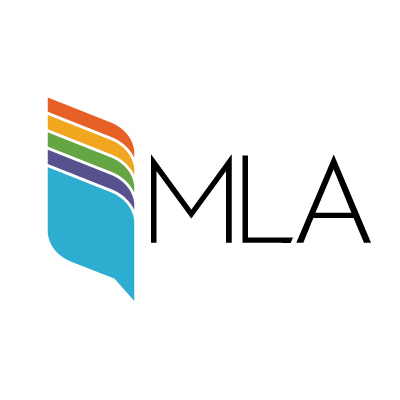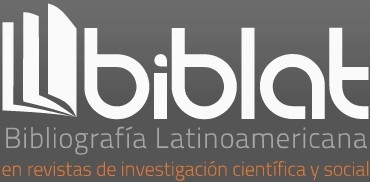Peer review process
Peer review process
The journal only publishes original, not in print and unpublished texts that are not simultaneously proposed for review in another publication. The research articles received are submitted to the peer review system, maintaining the anonymity of authors and reviewers. Before this process is completed, the text undergoes a first filter by the volume editor and the Editorial Committee, who consider its thematic and formal relevance. Articles that meet the requirements of relevance and editorial standards (specified in the “Guidelines for Authors”) enter the review process.
The text that is sent for evaluation is first purged of any author marks. The editor can choose the referees from the journal's referee portfolio or propose specialists if there are none in our registry. The journal has a broad portfolio of national and international referees, of recognized trajectory in the disciplines of their competence, and covers the various languages in which contributions are received: Spanish, Portuguese, French, Italian and English.
Once the two referees have been determined, the journal communicates with the referees and sends them the refined text and an evaluation form, which meets the criteria of originality, contribution to the disciplines involved, theoretical and methodological coherence, relevance of the bibliographic sources, among others, and includes the decision to publish, modify or not to publish the article.
If both opinions are positive, the text is approved for publication. If one opinion is positive and the other negative, a third referee may be appointed, or the editor may exercise this function.
All texts approved for publication are reviewed and corrected by specialized proofreaders: any doubts that arise in the process of stylistic and formal revision are resolved through dialogue with the authors and, where appropriate, with the translators. Prior to the start of the layout process, the articles are sent to the authors for their approval before being edited.













